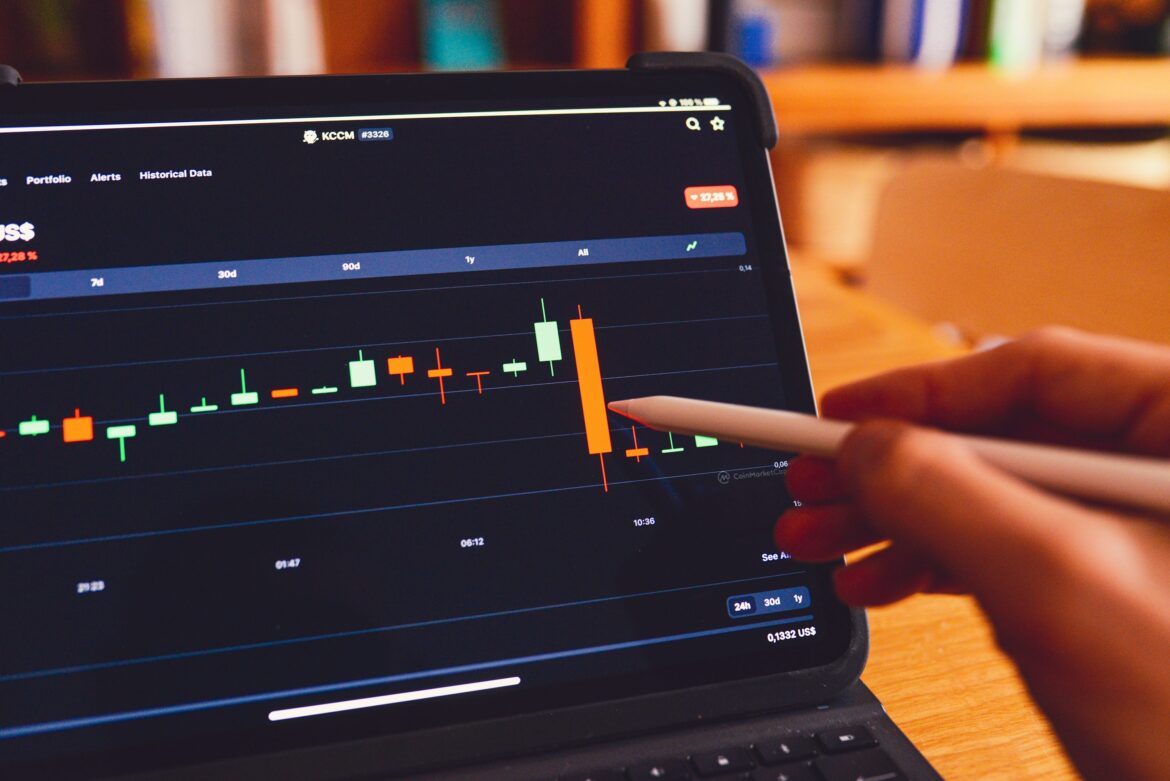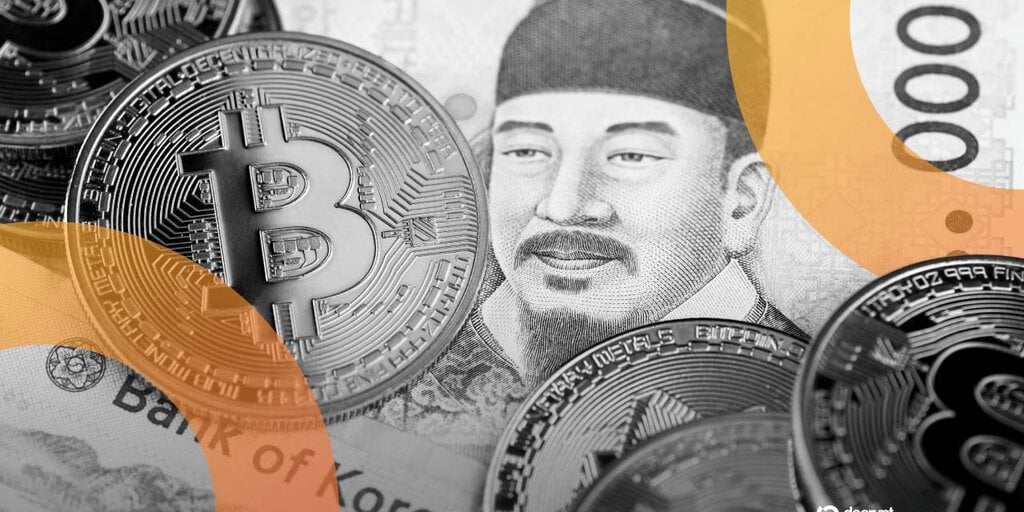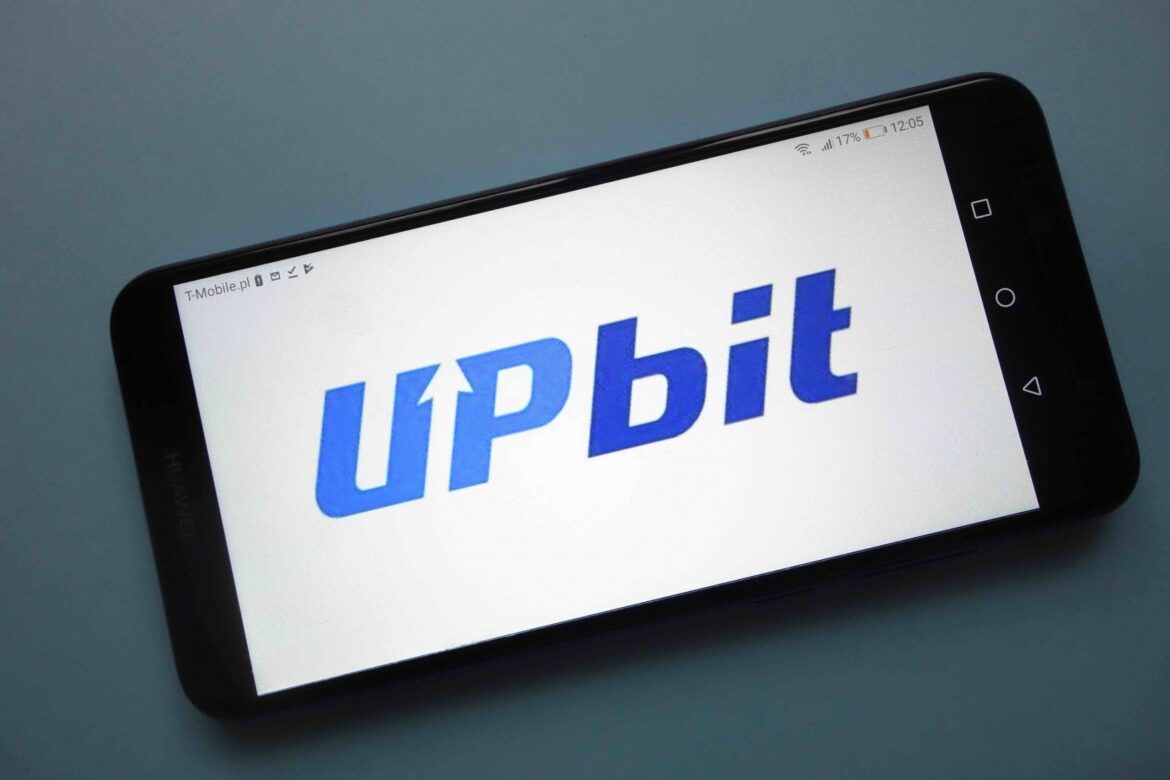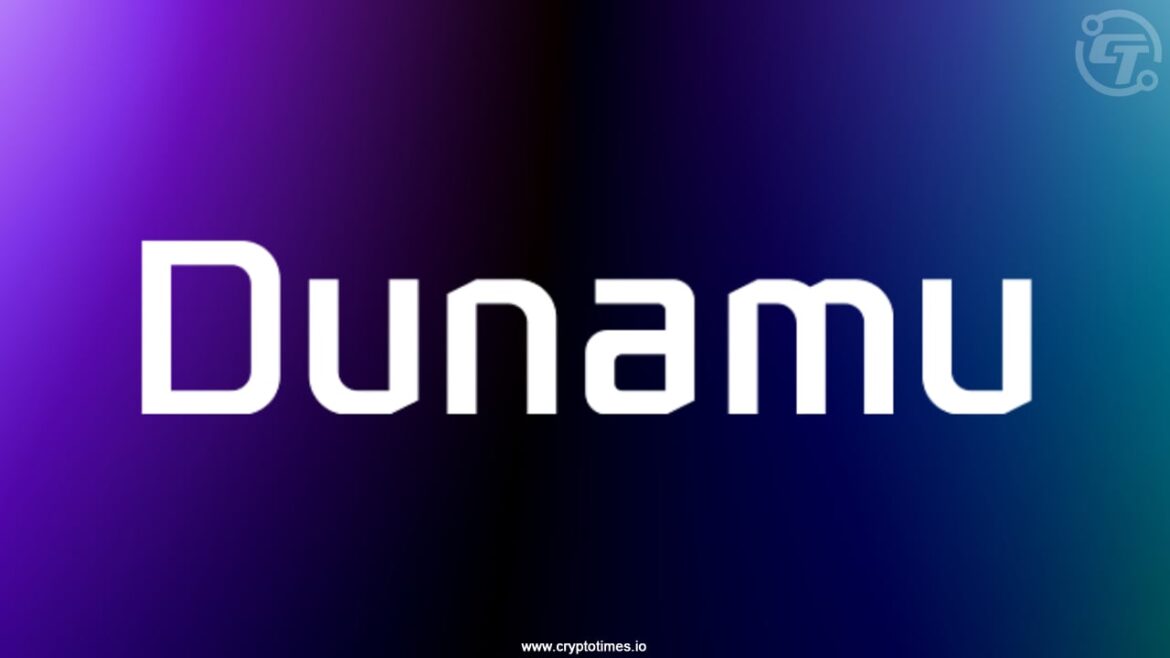“South Park” extended its running gag on cryptocurrency in a recent episode, taking aim at prediction markets, trading apps, US regulators and politicians tied to the industry.
Now in its 27th season, the animated series has built its reputation on unhinged satire of global events. Crypto has repeatedly taken some hits.
Not everyone enjoys being lampooned on TV shows — the White House recently condemned its depiction of President Donald Trump in a relationship with Satan — but earlier crypto references were often embraced within the industry as proof of mainstream recognition.
Here are five moments when digital assets crossed into pop culture.
We got Kalshi in South Park before GTA 6 pic.twitter.com/659PZHoAqb
— Kalshi (@Kalshi) September 25, 2025
Prediction market apps Kalshi and Polymarket make it to “South Park.” Source: Kalshi/Paramount+
Bitcoin is the future as NFTs become diseases in “South Park”
“South Park” season 27 episode 5 is centered around prediction markets. It features a parody of Fox News reporting on Kalshi and Polymarket bets: Will President Trump and Satan’s baby be a boy or a girl?
Previous episodes featuring Bitcoin (BTC) include the 2021 post-COVID special aired on Nov. 25, where it’s a mainstream currency — but also a Ponzi scheme.
Bitcoin dipped after Nov. 25, but that was likely due to the emergence of a new coronavirus variant rather than “South Park.” Source: CoinGecko
In December 2021, “South Park” mocked non-fungible tokens (NFTs) as a get-rich-quick craze. The special portrayed an adult Butters — who is a friend and classmate of the four main characters on the show — losing his mind over NFTs, with anyone who listened to him becoming infected and ranting about apes and overnight riches.
“The Simpsons” and “Big Bang Theory’s” Sheldon explains blockchain
In a February 2020 episode titled “Frinkcoin,” “The Simpsons” ran a segment explaining cryptocurrency and blockchain technology.
The bit was narrated by Jim Parsons — best known for playing Sheldon on “The Big Bang Theory” — who broke down the basics of how cryptocurrencies work. It made waves in the crypto community because it skipped the satire and took an educational approach.
Related: Who’s in the running to become the next CFTC chair?
Over a year later, Bitcoin was featured in “The Simpsons” again. This time, the show predicted that BTC would rise to infinity.
Fortune didn’t favor Matt Damon’s Crypto.com ad
Hollywood actor Matt Damon starred in Crypto.com’s October 2021 commercial at the height of Bitcoin’s bull run, just weeks before the asset reached a then-record price.
“History is filled with almosts,” Damon declared. “With those who almost adventured, with those who almost achieved, but ultimately, for them, it proved to be too much.”
He then pointed to explorers and innovators as examples of human progress before concluding: “They calm their minds and steel their nerves with four simple words that have been whispered by the intrepid since the time of the Romans: fortune favors the brave.”
The camera then panned away from Damon, toward a cosmic backdrop with the Crypto.com logo. End of commercial.
Within weeks, Bitcoin hit a then-all-time high of about $69,000. But the following year brought notorious misfortune: the Terra collapse, cascading bankruptcies and a brutal bear market.
Bitcoin’s year following Matt Damon’s Crypto.com commercial in 2021. Source: CoinGecko
By February 2022, crypto was back in South Park’s crosshairs in a post-COVID hour special. “What does Matt Damon say in that Bitcoin commercial?” asked Eric Cartman, the show’s selfish instigator. “Fortune favors the brave!”
“My dad said he listened to Matt Damon and lost all his money,” another kid replied.
“Yes, everyone did,” Cartman said. “But they were brave in doing so.”
Crypto’s Super Bowl takeover
In 2022, the Super Bowl drew the attention of the entire crypto world, as several digital asset companies spent millions on high-profile commercials.
Crypto.com doubled down on its “fortune favors the brave” campaign with basketball legend LeBron James. Trading platform eToro promoted itself with both a commercial and a halftime bingo card minigame.
But Coinbase stole the show with a QR code bouncing around the screen. Viewers who scanned it enjoyed a $15 Bitcoin giveaway and sign-up promotion — a simple marketing campaign so popular it briefly crashed the app.
Related: Elon Musk and crypto: 6 times ‘Dogecoin’s CEO’ rocked markets
FTX’s commercial, starring comedian Larry David, aged far worse. In the ad, David dismissed transformative inventions throughout history, like the wheel and the fork. The final bit of ingenuity was FTX, which he again rejected.
“It’s a safe and easy way to get into crypto,” someone told him.
“Ehhh, I don’t think so. And I’m never wrong about this stuff,” Larry replied. “Never!”
Words then appeared across the scene: “Don’t Be Like Larry.”
Turns out David was right about FTX. Source: Jack Raines
By November 2022, FTX had collapsed into bankruptcy after it was revealed that it had commingled user assets. Founder Sam Bankman-Fried is now serving a 25-year prison sentence.
In a February 2024 interview, David admitted he regretted taking part in the commercial. He said he lost money after receiving part of his salary in crypto.
Elon Musk’s Dogecoin “hustle” on “SNL”
In 2021, Tesla CEO Elon Musk repeatedly tweeted about Dogecoin, each post sending the meme token higher.
Musk was sued in 2022 for allegedly manipulating Dogecoin’s price, but the suit was dropped in 2024. Source: Elon Musk/TradingView
Earlier that year, Tesla had disclosed a $1.5-billion Bitcoin purchase, giving the industry a major stamp of approval from one of the world’s richest executives.
The frenzy peaked with Musk’s “Saturday Night Live” appearance in May 2021, which pushed Dogecoin (DOGE) to an all-time high of $0.76 ahead of the broadcast.
But the episode backfired for investors as Musk called Dogecoin a “hustle” during a skit, and by September 2022, the token had lost roughly 75% of its value against Bitcoin.
Magazine: Quitting Trump’s top crypto job wasn’t easy: Bo Hines










